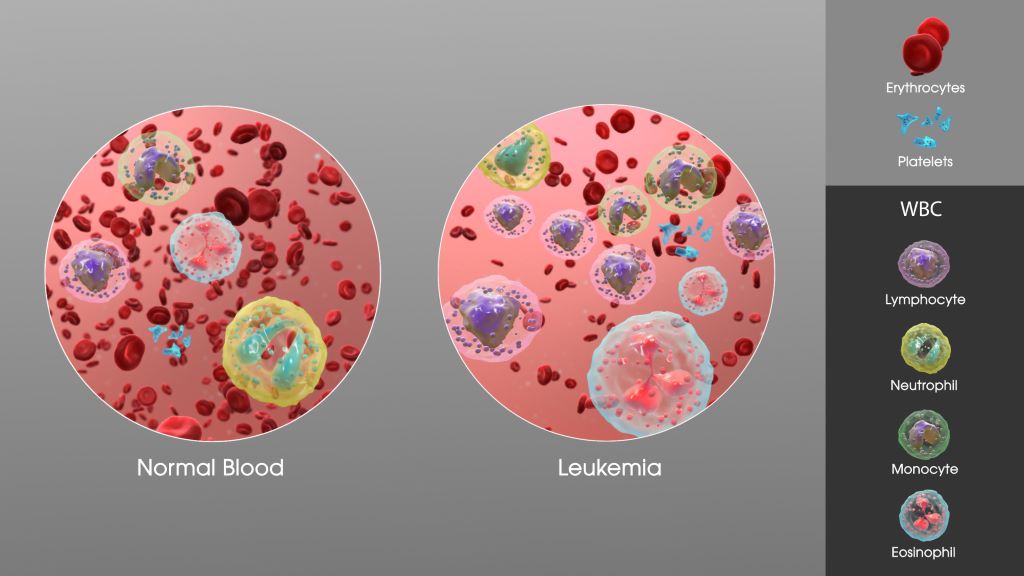
In a study published in the journal PNAS, a research team led by the University of Minnesota Medical School have shown that the socioeconomic status (SES) of cell donors affects the health outcomes of blood cancer patients who underwent haematopoietic cell transplantation (HCT).
The study examined the health outcomes of 2005 blood cancer patients treated with HCT in the United States. The research team found cancer patients who were transplanted with cells from donors of greatest socioeconomic disadvantage experienced a 9.7% reduction in overall survival and 6.6% increase in transplant-related mortality at three years compared to those transplanted from donors of high socioeconomic status – regardless of the cancer patient’s socioeconomic status.
“Our findings are quite remarkable. We have shown that social disadvantage penetrates so deeply that it is actually transplantable into a new host, and its effects persist over time,” said Lucie Turcotte, MD, MPH, MS, an associate professor at the University of Minnesota Medical School.
The results show the striking biological impact of social disadvantage and how it can alter health outcomes, specifically in the setting of cancer and hematopoietic cell transplantation.
The research team plans to conduct further research to investigate the underlying biological and physiologic drivers of these findings in order to develop interventions to mitigate the adverse health outcomes introduced by socioeconomic disadvantage.
“The importance of these findings reach far beyond cancer and bone marrow transplant care – they demonstrate the profound health effects of social inequality and highlight the critical need for public health interventions,” said Dr Turcotte.

